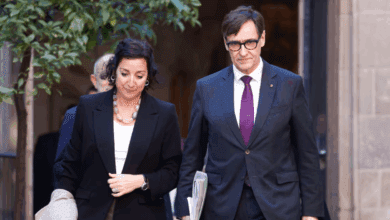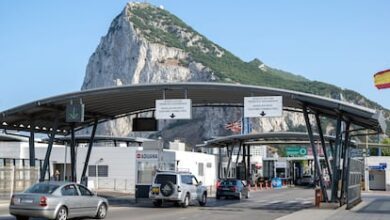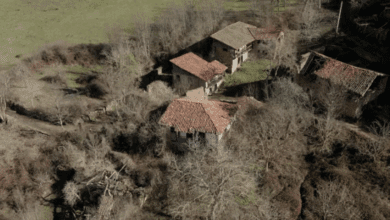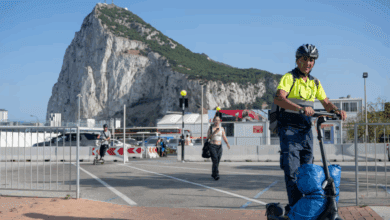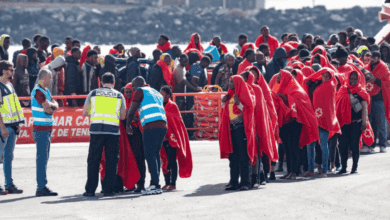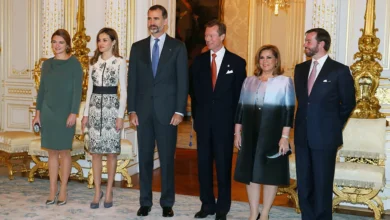
In the final months of 2025, Spain faced a worrying surge in H5N1 virus infections among both domestic and wild birds. The situation is further complicated by the country’s location along a major migratory route for birds, increasing the risk of the infection spreading nationwide.
Particular concern has arisen from cases detected in urban parks and natural reserves. An infected peacock was found in central Madrid, and new outbreaks among waterfowl have been reported in the Tablas de Daimiel National Park. During the 2025-2026 season, the European Union witnessed over 800 outbreaks in various bird species, with nearly 90 cases registered in Spain. Despite this, no human cases have been reported in the country so far.
Spain’s Ministry of Agriculture, Fisheries and Food, calling the situation the most serious in recent years, has announced new restrictions. Starting November 10, 2025, letting domestic birds outdoors is banned, and keeping ducks and geese together with other species is prohibited. Water for drinking may only be used after special treatment if it comes from sources accessible to wild birds. In addition, moving birds to exhibitions and markets now requires a special permit.
Authorities are urging farmers and private landowners to strengthen biosecurity measures. Special attention is being given to prevention among poultry farm workers: they are advised to get vaccinated against seasonal flu every year, wear protective clothing, and closely monitor their health for ten days after contact with birds or their habitat.
Environmentalists from Castilla-La Mancha have highlighted the vulnerability of the Tablas de Daimiel ecosystem, where the latest outbreak underscored just how fragile these natural balances are. They are calling for a reassessment of protected area management approaches to minimize risks for rare species and prevent further spread of the virus.
The situation remains tense, and further developments will depend on how effective the new measures are and the public’s willingness to cooperate. In the coming weeks, increased control and monitoring are expected to prevent the virus from spreading to humans and to protect both the poultry industry and the country’s natural resources.
